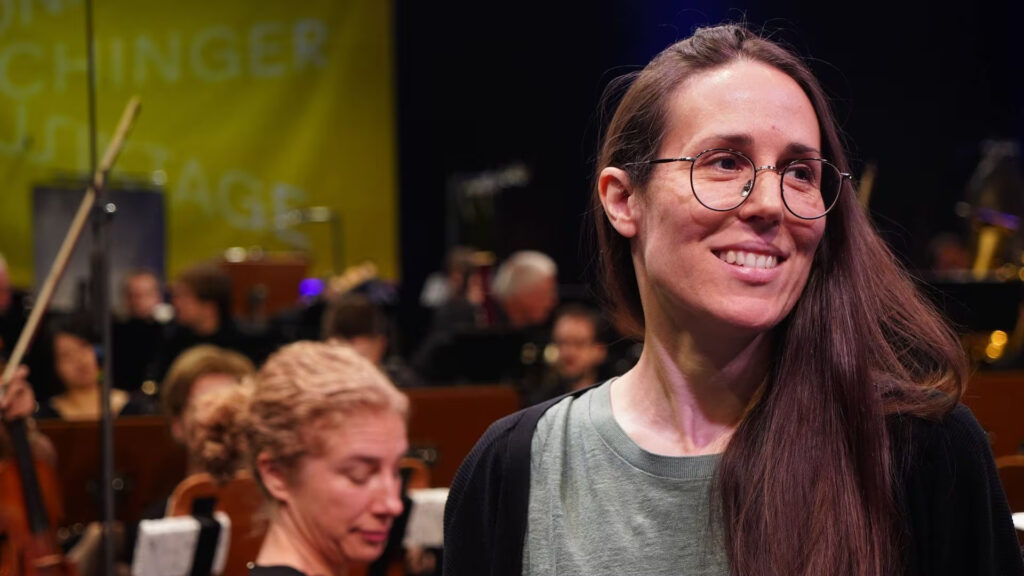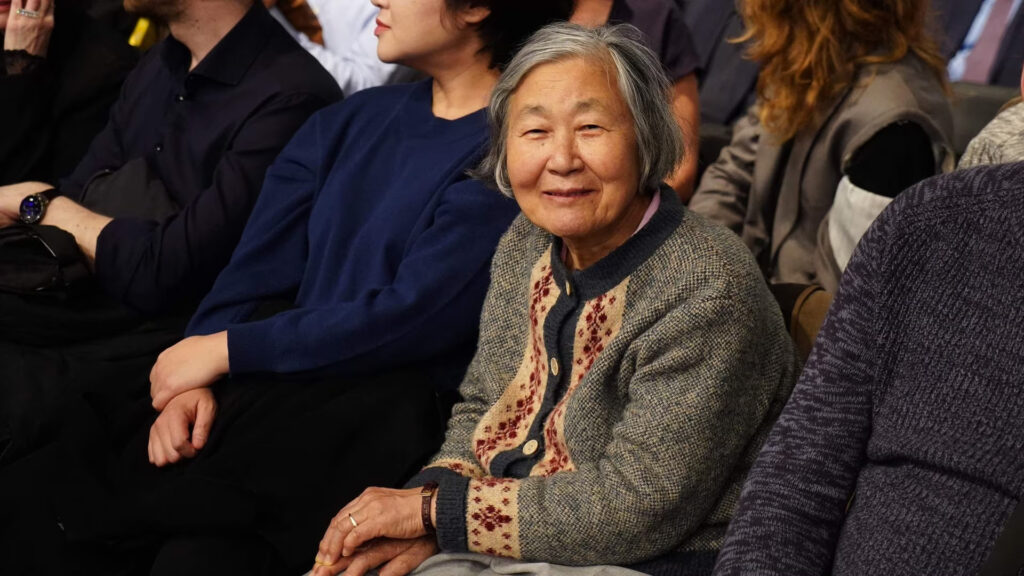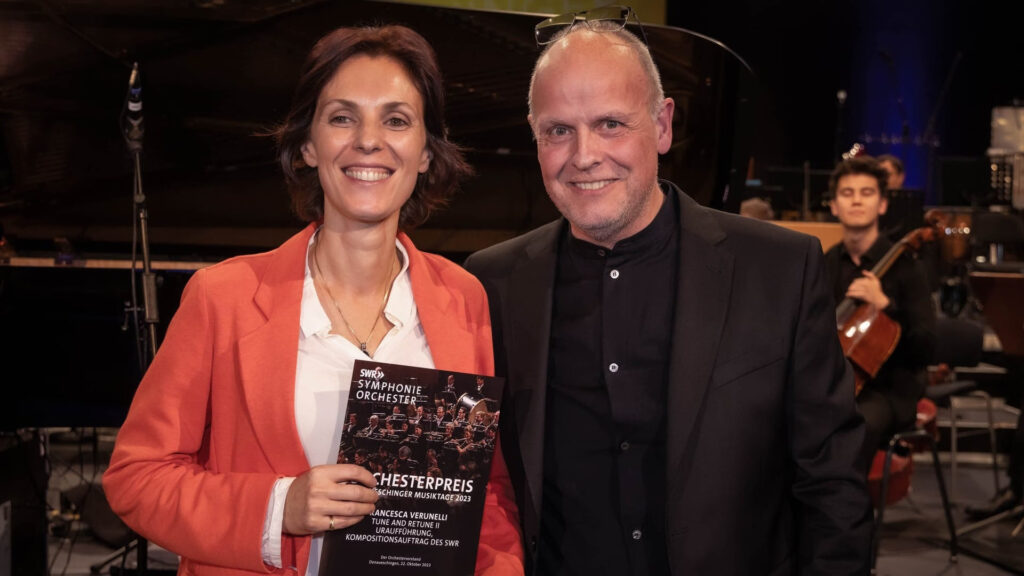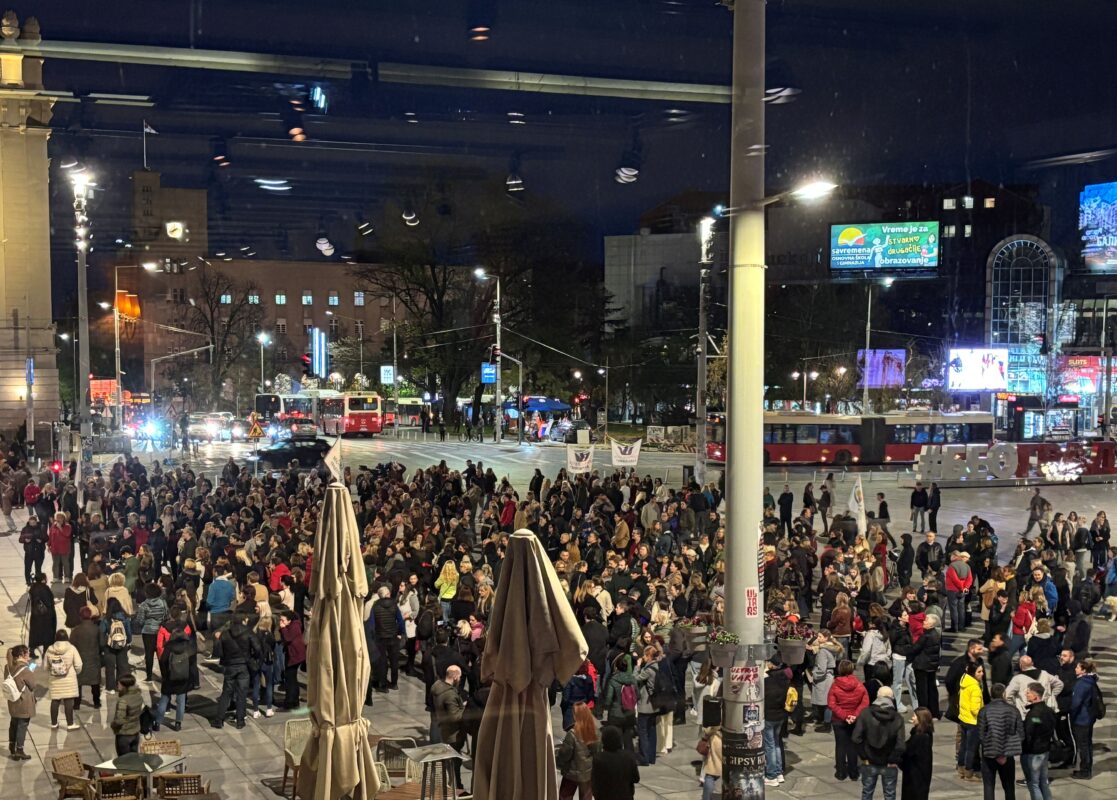Donaueschingen: Losses and outbreaks
"Collaboration" was the thematic focal point of the Donaueschingen Music Days 2023 from October 19 to 22. At times, the depressing world situation seemed to have an impact on the compositions.

Abruptly in the middle of the piece, the quieter stream of sound breaks off abruptly, the musicians pause, a loose thread still seems to float lost in the air. And the Italian composer Clara Iannotta also speaks of being lost in her commentary. An illness forced her to change in 2020. Instead of being able to concentrate on her work, "I felt lost [...], I don't yet know who I am and what my music will be". Her piece where the dark earth bendscomposed for the incredibly subtle trombone duo Rage Thormbones and the SWR Symphony Orchestra, was nevertheless a first highlight. The way in which the solos, the orchestra and the electronics merge into a single unit was simply masterful. The ear was drawn in.
Diffuse and pale
This was not always the case at this year's Donaueschingen Music Days. Indeed, a sense of forlornness hovered over many a piece this year, but the music rarely managed to gain a presence. Some of it remained too diffuse and powerless. Even the poetic and convincing composition Haze - as if everything is coming backwhich Elnaz Sayedi created together with the poet Anja Kampmann, seemed at times like a dystopian idyll.
Perhaps it is due to the circumstances of the times, no: these brutally warlike months, that a certain hopelessness is spreading, disillusionment that may not gain traction. The saxophonist Matana Roberts, for example, in their Elegy for Tyre: "Welcome to the World through my eyes ..."which commemorates an African-American killed by police officers in Memphis, the SWR Symphony Orchestra improvised on a text score, which unfortunately developed too little expressiveness. The orchestral sounds were less depressing than the whispering at the end. The attempt by the US-American Jessie Marino to create a murder ballads to banish violence against women through gentle songs faded completely. The piece by the otherwise brilliant percussionist Tyshawn Sorey, For Ross Gay (the biographer of basketball legend Julius Erving), rose to a glistening crescendo at the end after an even conduction.
Nuanced and impulsive
In her first largely self-directed year, festival director Lydia Rilling has set herself the theme of "collaboration" (in addition to a high degree of diversity). Although this is certainly present in the "classical" tradition, it is limited to certain areas such as text setting or interpretation. The fact that an orchestra improvises or at least creates large parts of a score that may no longer exist or is graphic is the great exception. French composer Éliane Radigue, however, demands precisely this from her musicians. In her orchestral piece Occam Océan Cinquanta the SWR Symphony Orchestra played according to the instructions of co-composer Carol Robinson from the moment, whereby the playing style and also the form had been worked out in broad outline beforehand. The result was an extraordinarily nuanced performance, a vast soundscape.
However, when it came to the flexible juxtaposition of free playing, improvisation, concept and score interpretation, their jazz colleagues were far better placed. For the great New York quartet Yarn/Wire (with two pianos and two percussions), saxophonist Ingrid Laubrock and trumpeter Peter Evans created two diverse and stimulating pieces that once again brought a lot of life and drive to this festival. A conclusion full of contradictions after this weekend.

Touching and ecstatic
As is so often the case, however, it was turned on its head in the final concert. Younghi Pagh-Paan commemorated in her touching orchestral piece Woman, why are you crying? Who are you looking for? of her late husband Klaus Huber. The Italian Francesca Verunelli played in Tune and Retune II with various detunings - and received the SWR Orchestra Prize for it. Finally, Steven Kazuo Takasugi's piano concerto once again tore down all walls of sound: splintering layers, probably generated in the electronics with the help of algorithms, continued in the orchestra, poured down on the audience, very loud in passages: a real joy! Nothing more of lostness ...









